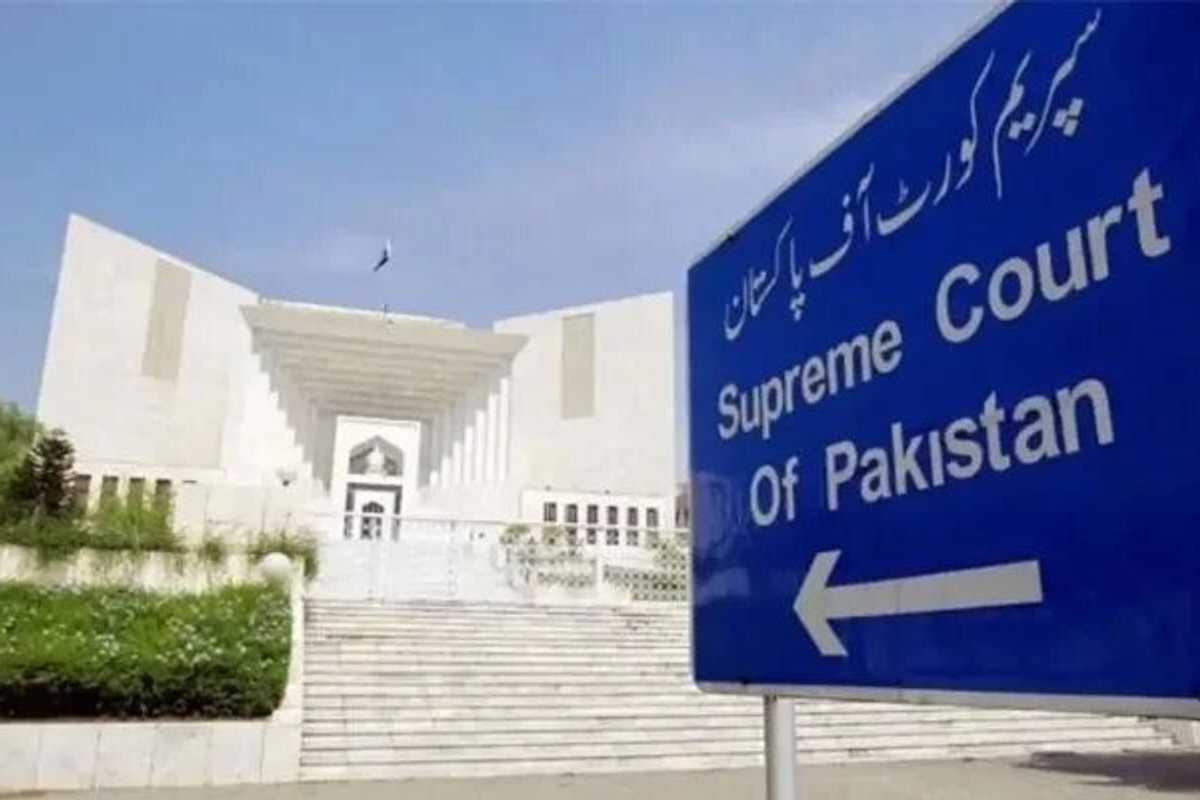Pakistan’s top court limits use of contempt orders within judiciary
Supreme Court ruled that judges cannot issue contempt orders against fellow judges

Aamir Abbasi
Editor, Islamabad
Aamir; a journalist with 15 years of experience, working in Newspaper, TV and Digital Media. Worked in Field, covered Big Legal Constitutional and Political Events in Pakistan since 2009 with Pakistan’s Top Media Organizations. Graduate of Quaid I Azam University Islamabad.

In a landmark judgment, Pakistan’s Supreme Court has ruled that no judge of the Supreme Court or a high court can issue contempt orders against another judge of the same court.
The detailed ruling, authored by Justice Jamal Khan Mandokhail, was released in connection with an intra-court appeal filed by a former deputy registrar in a contempt of court case.
The court clarified that contempt notices cannot be sustained against members of the Constitutional and Practice & Procedure Committees, stressing that the intent of contempt law was never to empower one judge to initiate proceedings against another.
Key points of the ruling
- No judge can punish another judge for contempt.
- Judges of the Supreme Court and High Courts enjoy immunity in administrative matters under Article 199 of the Constitution.
- Judges are protected from both internal and external interference.
- No writ or legal action can be initiated by one judge against another in the same court.
- Disciplinary action against judges is possible only through the Supreme Judicial Council under Article 209 of the Constitution.
The court emphasized that all judges of the superior judiciary hold equal status and authority within their respective courts and none has superiority over another. Allowing judges to initiate contempt proceedings against colleagues, it warned, would undermine mutual respect, create internal divisions, and destabilize the judicial system.
The ruling further cautioned that such actions could spread anarchy and damage the administration of justice.
The judgment also recalled the unprecedented Iftikhar Hussain Chaudhry and others case, in which multiple judges of the Supreme Court and High Courts were served contempt notices for violating a restraining order issued on November 3, 2007 - the day General (R) Pervez Musharraf imposed emergency rule and introduced the Provisional Constitutional Order (PCO) and Constitutional Oath Order 2007.
The present case stemmed from contempt proceedings initiated by a bench led by Justice Mansoor Ali Shah after a judicial order was not complied with. The former deputy registrar challenged the proceedings through an intra-court appeal and a six-member larger bench subsequently quashed the contempt case.
With the detailed verdict now released, the Supreme Court has definitively settled that only the Supreme Judicial Council can take action against judges, reinforcing the principle of judicial equality and independence.







Comments
See what people are discussing